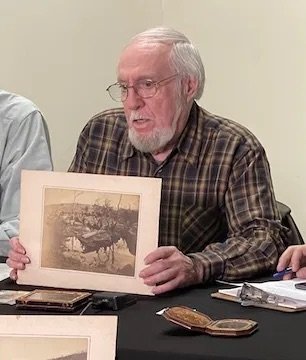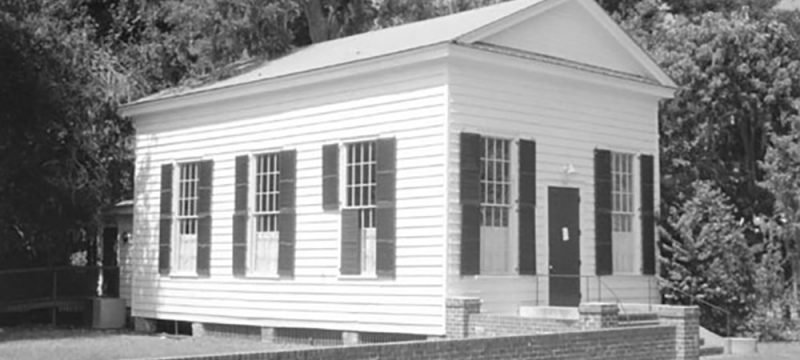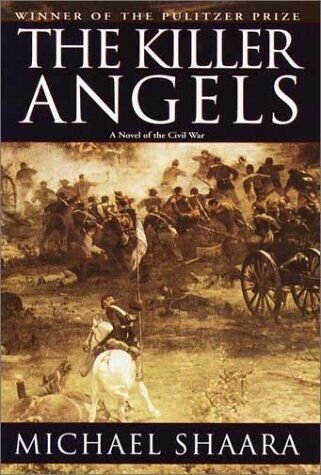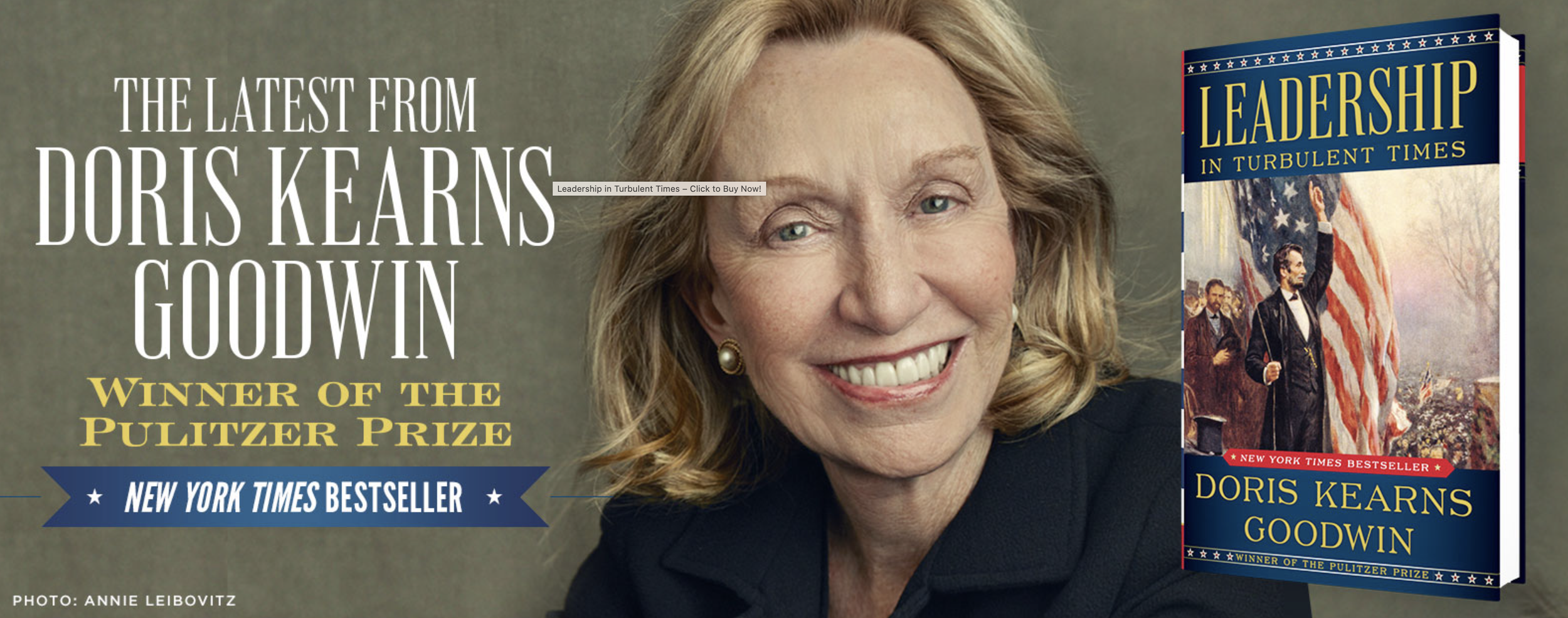Posted on November 6, 2022 by Emerging Civil War
William A. Frassanito holds a rare image taken near Devil’s Den on the Gettysburg battlefield in 1863, one of many original photographs from his private collection that will be exhibited next year.
Here’s some cool news from our friends at the Adams County Historical Society. The ACHS has been hard at work on a new museum on the edge of Gettysburg’s Day One battlefield near Barlow’s Knoll, and this week, they announced plans for a new exhibit to coincide with the opening of the museum.
Here’s the news:
(Gettysburg, PA) – William A. Frassanito, a renowned historian who pioneered the study of Civil War photography, is preparing to share his rare private collection of Gettysburg images with the public for the first time. The special exhibition, entitled “Early Photography at Gettysburg – The Frassanito Collection,” will debut at Gettysburg’s newest museum, Beyond the Battle, opening in April 2023.
A native of New York City, Frassanito began his photographic detective work at an early age, collecting glass plate images and carte-de-visite portraits from yard sales and antique shops. After an undergraduate education at Gettysburg College and a tour of duty in Vietnam, Frassanito published his first book, Gettysburg: A Journey in Time (Scribner’s Sons, 1974), which was followed by six more books. Frassanito’s work broke new ground, tying historical photographs to the scenes where they had been taken. For the first time, these photographs could be used as historical documents, not merely as illustrative window dressing to accompany written text.
Frassanito’s private collection includes rare images of Gettysburg taken both before and after the battle. The new exhibit will include stereographic images of dead soldiers on the battlefield, a series of rare views captured at Devil’s Den in November 1863, one of the first outdoor photographs taken in the town of Gettysburg, and the only existing photographic print from the Gettysburg Address ceremonies.
The exhibit will also feature some of Frassanito’s biggest discoveries –the moving of a dead “sniper” at Devil’s Den, the location where bodies were photographed en masse at the George Rose Farm, and the elusive “Harvest of Death” photographic series. From photographers Alexander Gardner and Mathew Brady to the Tyson Brothers and William H. Tipton, Frassanito’s collection explores the people, places, and events that shaped the history of Gettysburg.
“This is an exciting opportunity for the public to see Gettysburg’s rarest original images in person,” said ACHS Executive Director Andrew Dalton. “Frassanito’s work has inspired generations of historians, and we are thrilled to have him play a key role in the grand opening of our new museum.”
The exhibit will open on April 15th during the grand opening of the Adams County Historical Society’s new Museum and History Center at 625 Biglerville Road, Gettysburg. Located less than one mile from the town square, this new complex includes the highly anticipated Beyond the Battle Museum, a large event center, research room, and archives. For more information, visit www.achs-pa.org and follow the Adams County Historical Society at Gettysburg on Facebook and YouTube.
About the Adams County Historical Society: Located in historic Gettysburg, Pennsylvania, the Adams County Historical Society (ACHS) preserves over three centuries of remarkable history. With over one million historic items in its care, ACHS inspires people of all ages to discover the fascinating story of one of America’s most famous communities.














